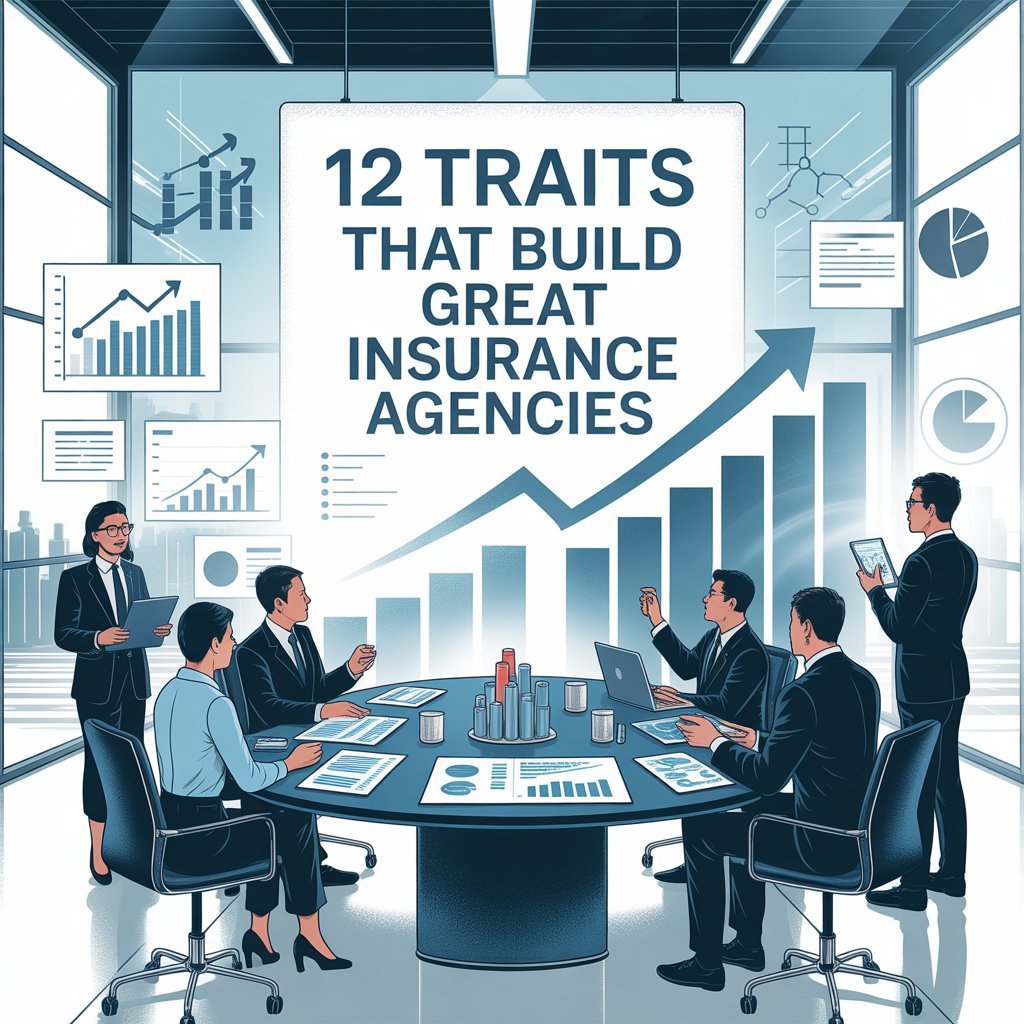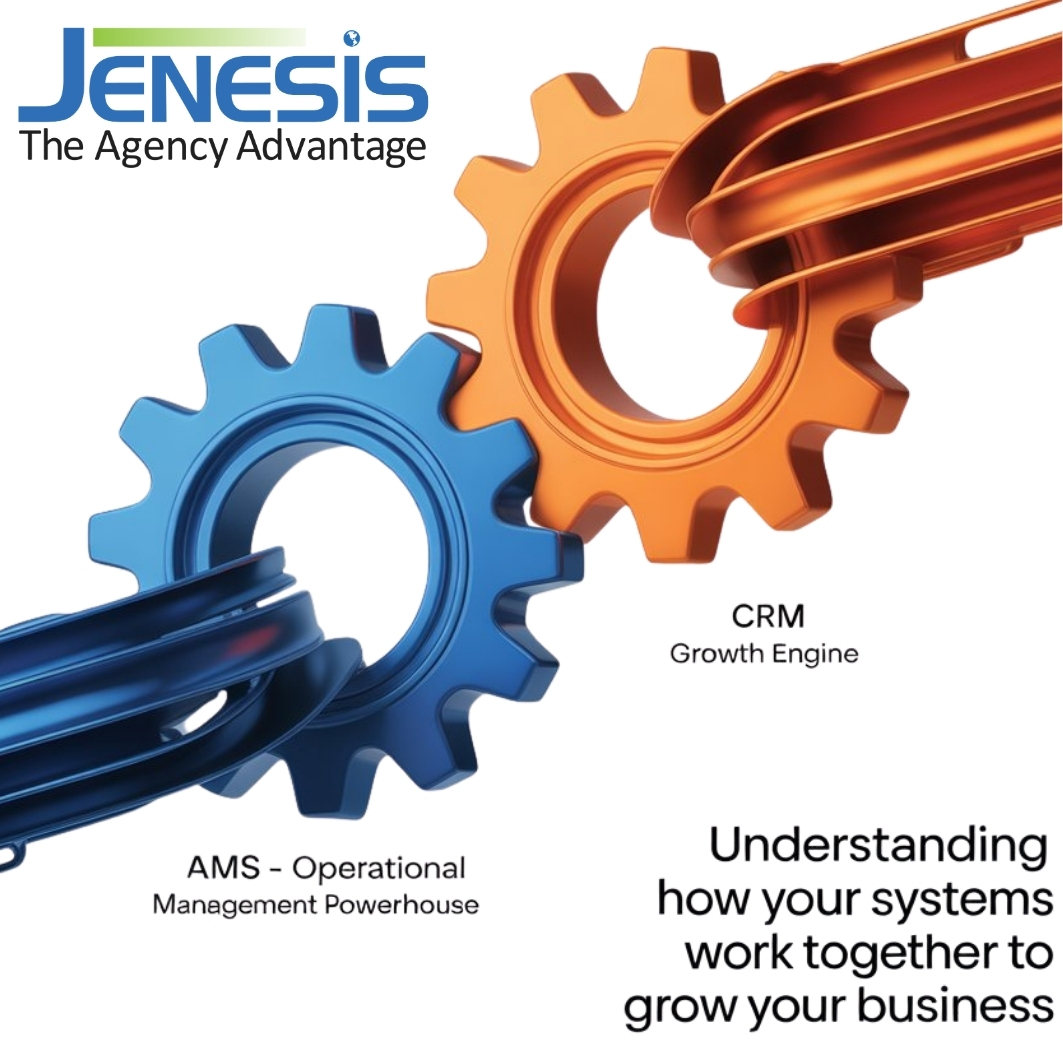

There’s a book that’s been on my shelf for years—The 12 Traits of the Greats by Dr. Dave Martin. It’s one of those reads you finish and think, “I should probably read that again with a highlighter.”
Martin unpacks what he calls “The Dozen Distinctions That Separate the Average from the Exceptional.” These traits aren’t mysterious—they’re the habits, mindsets, and disciplines that create greatness in business, leadership, and life.
As I reread it recently, I couldn’t help but think how much these principles apply to independent insurance agencies. Because let’s be honest—building a great agency isn’t about luck or timing. It’s about traits.
Let’s unpack a few of my favorites.
1. Responsibility
Martin says great people take full ownership—no excuses, no blame-shifting.
In an insurance agency, that means if your close ratio is dropping or your retention rate is slipping, you don’t say “the market’s tough.” You say, “What can we do better?”
At Jenesis, we see this every day. The agencies that thrive are the ones that measure, adapt, and own their outcomes. They use tools like a cloud-based insurance management system (like JenesisNow) not as a crutch, but as an accountability partner.
2. Visualization
Before anything becomes real, it’s imagined.
Dr. Martin reminds us that every skyscraper started as a sketch on paper.
So—what’s your agency’s sketch? Have you visualized what you want it to look like in three years?
The number of team members, the type of clients, and even the culture? If not, grab a pen and start drawing.
(And maybe make sure your CRM is set up to grow with that vision—because spreadsheets don’t dream big.)
3. Teachability
This one hit home. The greats never stop learning.
If you’re an agent who’s “been doing this for 25 years,” congratulations—but that doesn’t mean you can stop learning. The insurance industry is changing faster than ever. New tech, new marketing trends, new customer expectations.
That’s why we created JenesisDigital, to help agencies stay teachable in their marketing—through SEO for insurance agencies, social media, and fresh email marketing strategies that actually work.
4. Character
As Martin puts it, “Your talent can take you where your character cannot keep you.”
That’s true in business, too. An agency can grow fast—but if culture, honesty, and client care don’t keep pace, it’ll fall apart just as quickly.
At Jenesis, we’ve seen that the agencies that have lasted decades are the ones built on integrity and service. They don’t chase every shiny new lead—they build trust one policy at a time.
5. Faith
Even in business, faith matters. Faith that things will work out, faith in your team, faith that the seeds you’re planting will grow—even when results take time.
Like planting corn in April—you don’t dig it up in May to check on it. You water it, tend it, and wait for the harvest.
If you’ve ever read my earlier book, The Perfect Insurance Agency, you know I talk a lot about sowing and reaping in business. Greatness grows the same way.
Encouragement for the Journey
Dr. Martin writes, “You can’t have a million-dollar dream with a minimum-wage work ethic.”
That’s the challenge for all of us—whether we’re building software, leading teams, or running an insurance agency.
Every day is a chance to live out these traits: responsibility, teachability, faith, persistence, and vision.
So, which one do you need to grow in the most this week?
Key Takeaway
Success isn’t found in a secret formula—it’s found in the traits you practice daily. Start there, and greatness takes care of itself.

